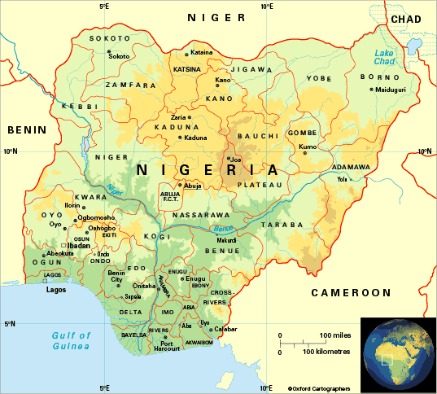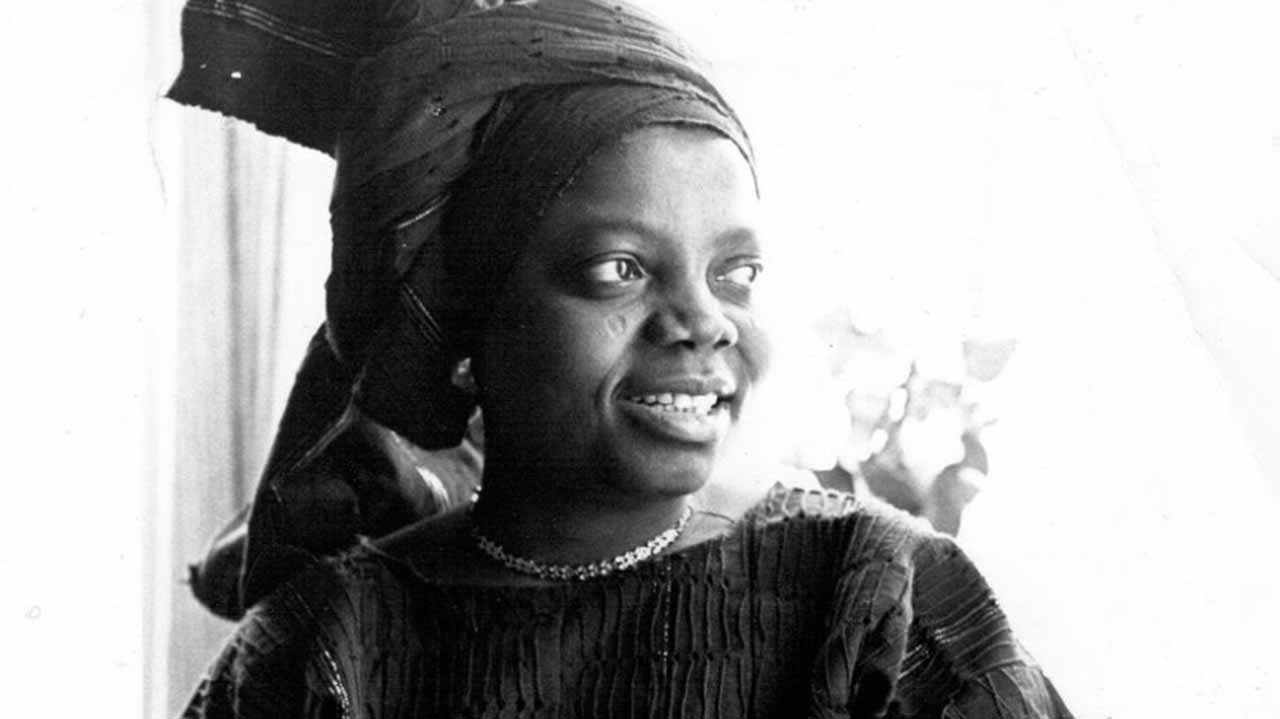
Honourable Members without dubiety appreciate that the creation of state is a matter of high governmental policy, which at once involves and calls into play two important arms of government, namely, the Legislature and the Executive. In the present circumstances, this Assembly is a legislature of a specialised kind with very restricted powers.
It lacks executive authority. At present executive authority is vested in the Federal Military Government which, incidentally, also functions as the legislature”.
Since the Assembly has no executive authority, if the House should write into the Constitution a decision to create new states, it would in effect be interpreted as a command directed to the Federal Military Government to create the states before handing over power to civilian government. The result of such a course of action would surely lead to a direct confrontation with the Federal Military Government having regard to its policy.
Such a course of action is undesirable. The Federal Military Government has committed itself to a decision never to create any new state before handing over power in 1979. That decision, it seems to me, is irrevocable. It is rigid and compels respect. It is only right that this Assembly should respect that decision especially as it was made long before the Assembly was set up.
It is common knowledge that the Federal Military Government has resolved firmly to push forward with its programme towards handing over power and nothing would deflect it from that course of action. It is my duty to advise the House to desist from any course of action likely to result in a direct confrontation with the Federal Military Government in the interest of progress, peace and stability before transfer of power, which would restore to our country in the eyes of the world its self-respect as a giant democracy and potential world power.
Then, there is the legal aspect of these Amendments.
As honourable members know, the Assembly was set up for a specific purpose. It is governed and regulated by both the Decree No. 50 of 1977 and the Standing Orders made there-under. Under the Decree and the Standing Orders, this Assembly is empowered to deliberate upon the Bill and enact the same into law. In exercise of its power, the Assembly under Section 100 of the Constitution has made adequate provisions for the creation of new States.
When those provisions were evolved, there was no reservation which would now entitle the Assembly to venture into the field of the creation of new states. It should be observed that the boundaries of some of these states remain nebulous and undefined so that it would be impossible to even determine their physical features and location.
It is my considered view that the present proposals for the creation of new states are inconsistent with the provisions of Section 100 of the Constitution. It is also my considered view that the under the Decree establishing this Assembly, this House has no legal power to create new states. Indeed, the Assembly would be acting ultra vires its power to do so: and both the Federal Military Government and any incoming Governments would be entitled to treat any state so created by mere resolution with contempt.
These proposed Amendments have nothing to commend themselves. They are disorderly. They have all been brought under the wrong section of the Bill, the appropriate section which deals with the creation of new states being Section 100. The amendments are therefore struck out as disorderly”.
Inspite of the ruling by Justice Udo Udoma, those who wanted new states created never relented.
At the resumed seating of the Assembly on June 5, Monday, there was pandemonium. Justice Udo Udoma was forced to adjourn the Assembly, sine die. The Assembly did not sit again.
When the Constitution was announced by the military, a few months later, section 8 which was never discussed or adopted by the Constituent Assembly formed part of the Constitution.
Of the 242 members, including nominated members, I think only 4 are still around today. Chief Bisi Akande, Mr. Mvendaga Jibo, Senator Iya Abubakar and Chief Abiola Ogundokun are still around. They are living witnesses.
The hurdles for the creation of more states as contained in the Constitution are too high to be cleared.
From October 1, 1979 to December 31, 1983 before the Military overthrew President Shehu Shagari GCFR (25 February 1925 – 28 December 2018) and suspended the Constitution, no other issue generated more heat in the National Assembly than the issue of creation of more states. Even the Chairman of the National Assembly at that time, Dr. Joseph Wayas (21 May 1941 – 30 November 2021), who was also the Senate President, could not use his position to create Ogoja state for himself.
The twelve-state structure was created by General Yakubu Gowon GCFR through Decree of May 27, 1967.
In his speech while creating the states, General Gowon declared “To this end, therefore, I am promulgating a decree which will divide the Federal Republic of Nigeria into 12 states.
The 12 states will be six in the present Northern Region, three in the present Easter Region, the Mid-West will remain as it is, the Colony Province of the Western Region and Lagos will form a new Lagos State and the Western Region will otherwise remain as it is.
I must emphasise at once that the decree will provide for a state Delimitation Commission which will ensure that any division or towns not satisfied with the states in which they are initially grouped will obtain redress. But in this moment of serious national emergency, the co-operation of all concerned is absolutely essential in order to avoid any unpleasant consequences.
I wish also to emphasise that an Administrative Council will be established at the capitals of the existing Regions which will be available to the new states to ensure the smoothest possible administrative transition in the establishment of the new states.
The states will be free to adopt any particular names they choose in the future. The immediate administrative arrangements for the new states have been planned and the names of the Military Governors have already been announced.
The allocation of federally collected revenue to the new states on an interim basis for the first few months has also been planned. The successor states in each former region will share the revenue of that region in the equitable basis of their population until a more permanent formula is recommended by the new Revenue Allocation Commission. Suitable arrangements have been made to minimize any disruption in the normal functioning of services in the areas of the new states”.
On December 13 1995, General Sani Abacha GCFR (20 September 1943 – 8 June 1998) inaugurated a committee on the creation of states, local government and boundary adjustments. It was the last exercise done to create new states and new local governments in the country. The committee was headed by Chief Arthur Christopher Izuegbu-Mbanefo (93). The secretary of the committee was Dr. Adamu Fika, former Chairman of the National Assembly Service Commission.
The committee is similar to the one inaugurated on August 7 1975 by General Murtala Ramat Mohammed GCFR (8 November 1938-13 February 1976).
That one was headed by a judge of the Supreme Court, Justice Ayo Gabriel Irekefe GCON (3 March 1922 – 1 August 1996).
To be continued tomorrow.






